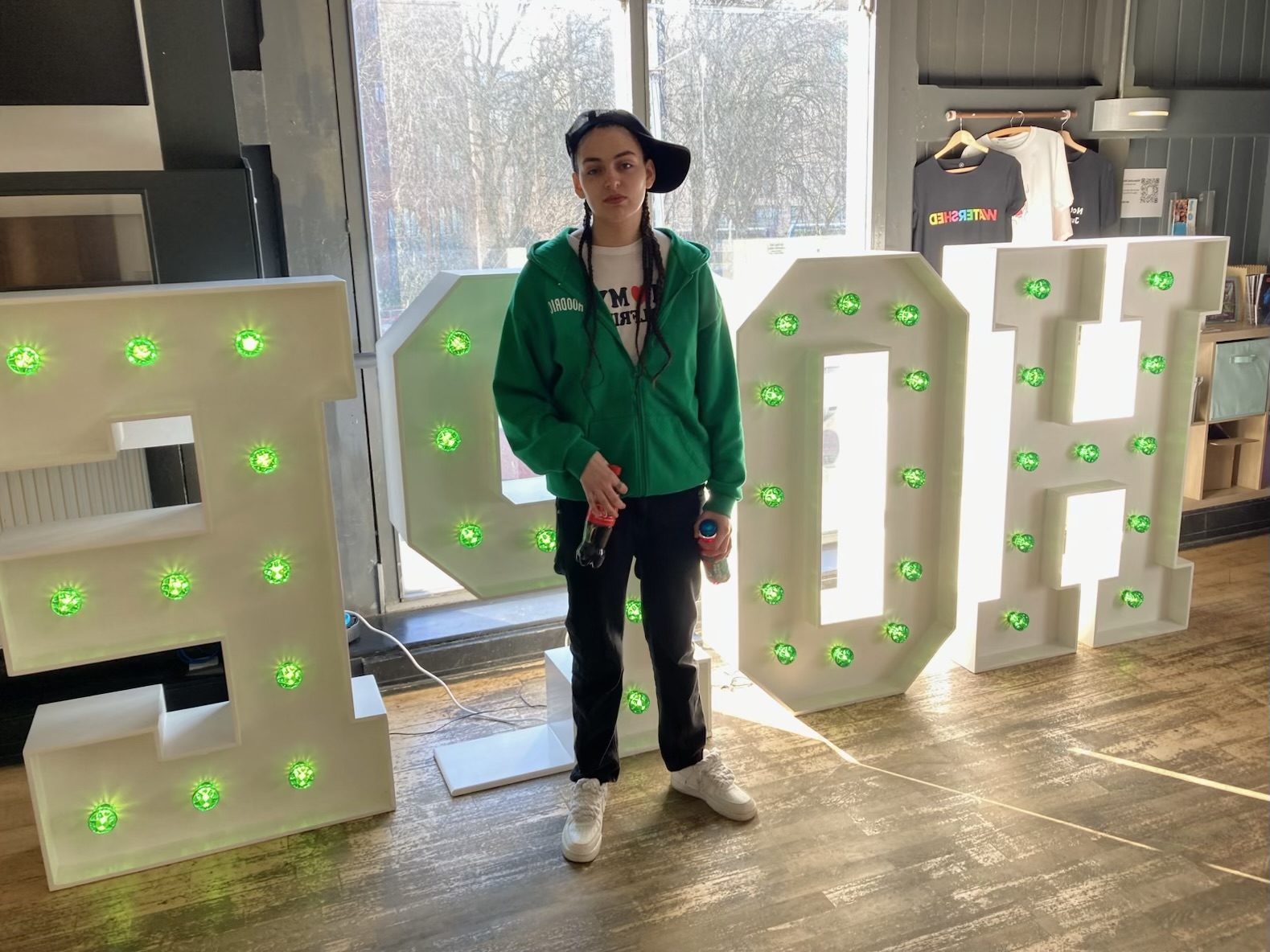What to try to avoid saying and doing
The most important message you can give your child is that you do not blame them and that you do believe them. This is the foundation on which a child can start to believe that what happened was not their fault, and they can express their feelings and start to come to terms with them. This is the beginning of a pathway to recovery.
Below are some helpful Do’s and Don’ts to follow:
Do:
- Give them time to talk to you at their pace
- Listen to them
- Allow your child to talk about the confused way that they may feel
- Give them choices and explore their options with them
- Offer unconditional support
- Explain to your child in words they can understand what is happening with any court or legal action which may be taking place
- Remain calm when talking with your child or managing their emotions / behaviours. At times this is much easier said than done, but by staying calm you will help your child calm quicker and will not escalate things further
- Try to understand as much as you can about the effects of child sexual abuse so that you can best support yourself and your child
- Ask for help for yourself
Try to Avoid:
- Getting upset every time your child talks about the abuse
- Make promises about what will happen to the person who abused them or promise that they will never have to see them again. These may be promises you can’t keep. Your child needs to trust you so it is better to say you don’t know.
- Stop your child’s play or other activities any more than you must for your own piece of mind – play and having fun is healing; this includes teenagers.


